The Perfect Fit: How Gaskets Are Changing the Game in Science?
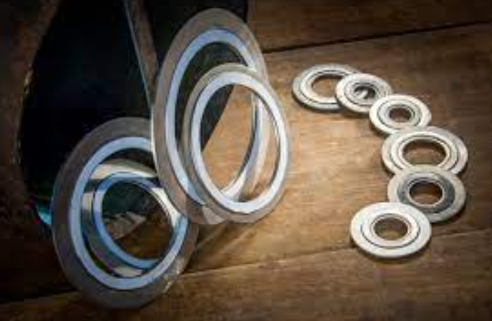
You may not have heard of gaskets before, but trust us, they are a big deal in the world of science. Meetings may not sound like the most exciting thing in the world, but they play a huge role in making sure science experiments and machinery run smoothly.
So what exactly are gaskets? Well, simply put, gaskets are little things that create an airtight seal between two surfaces. They are made of all sorts of materials, from rubber to metal to paper, and come in all sorts of shapes and sizes. But why are they so important in science?
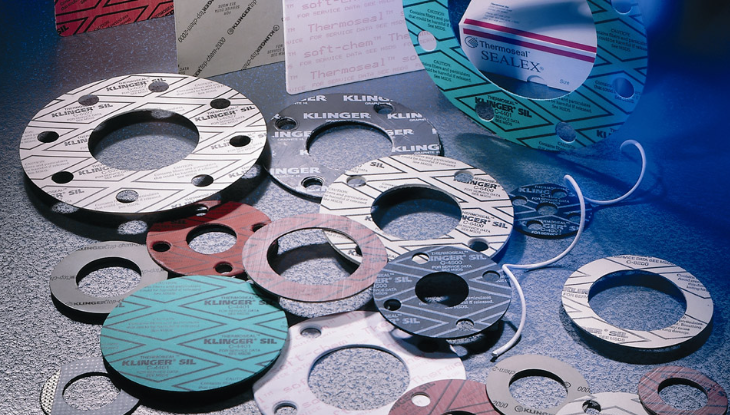
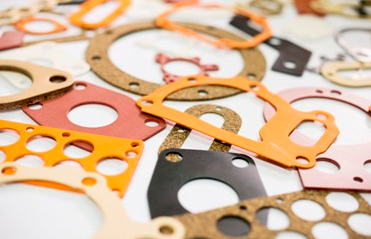
Think about it: in science, precision is key. When you’re doing an experiment or using equipment, you need everything to go right. You cannot leak, because that could mess up your results or even be dangerous. That’s where the gaskets come in.
Gaskets are like the unsung heroes of science. They may not get a lot of attention, but they are crucial in making sure everything runs smoothly. For example, imagine that you are using laboratory equipment that involves liquids. If there is a leak, not only could you get incorrect results, but you could also end up with a huge mess on your hands. Gaskets help prevent that from happening by creating a tight seal between the different parts of the equipment.
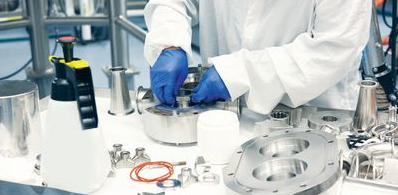
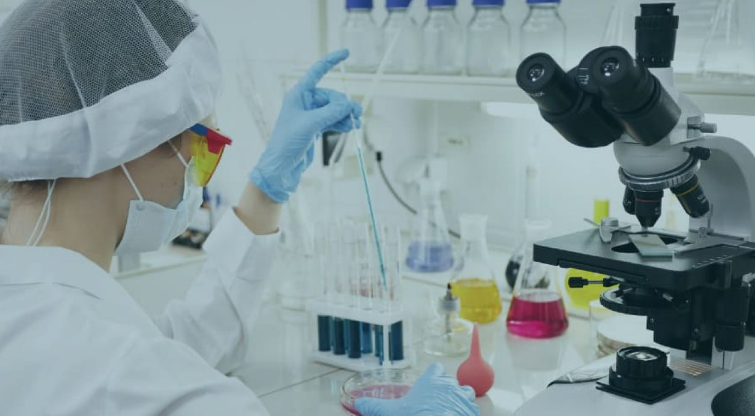
But the gaskets are not only important for laboratory equipment. They are also used in all kinds of other science-related fields, such as aerospace, automotive engineering, and even medicine. Without gaskets, we wouldn’t be able to do many of the things we take for granted, like flying on planes or getting an MRI.
So next time you’re learning about science, remember to give the gaskets a little recognition. They may not be the flashiest thing in the world, but they are definitely important. And who knows? Maybe one day you’ll invent a new type of gasket that will change the game in the world of science. The possibilities are endless!
Let’s look at this little science project where the importance of gaskets is applied.
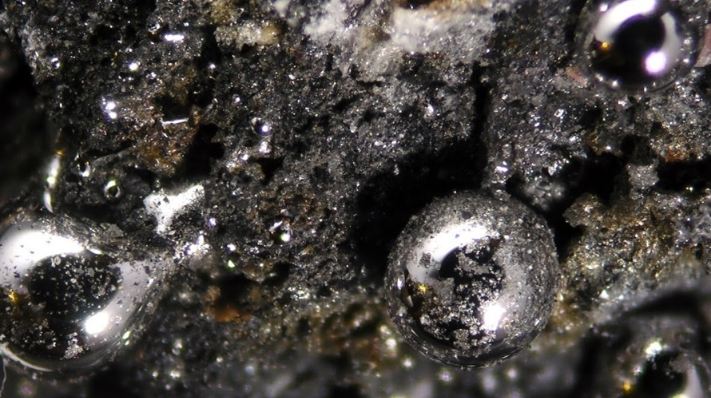


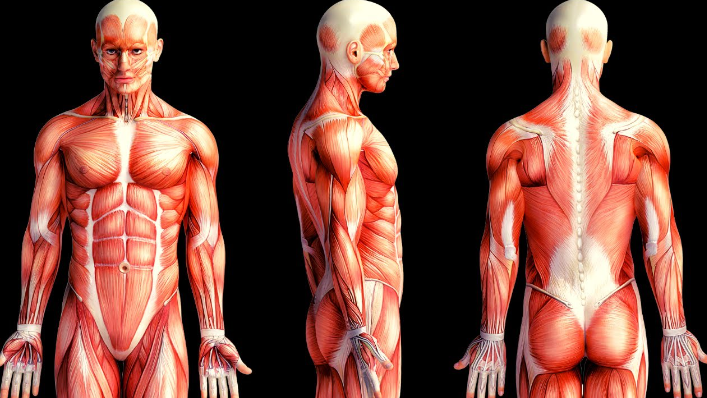
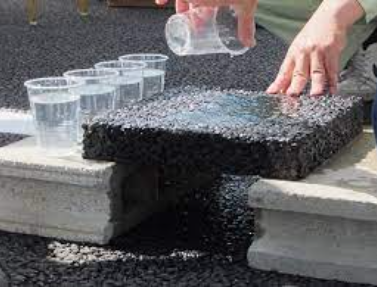
Responses